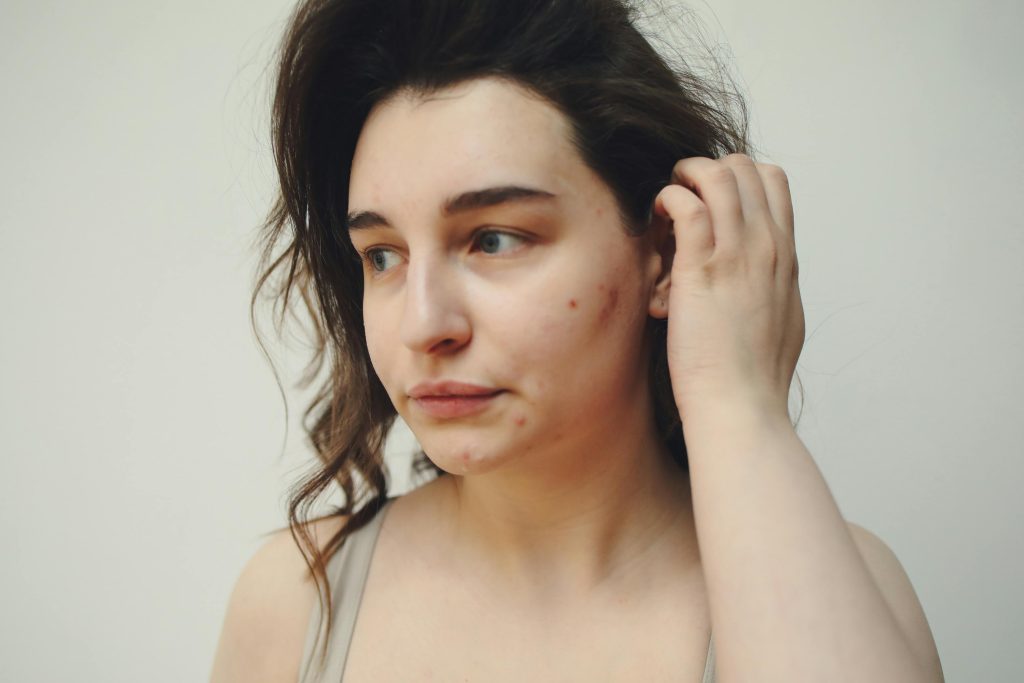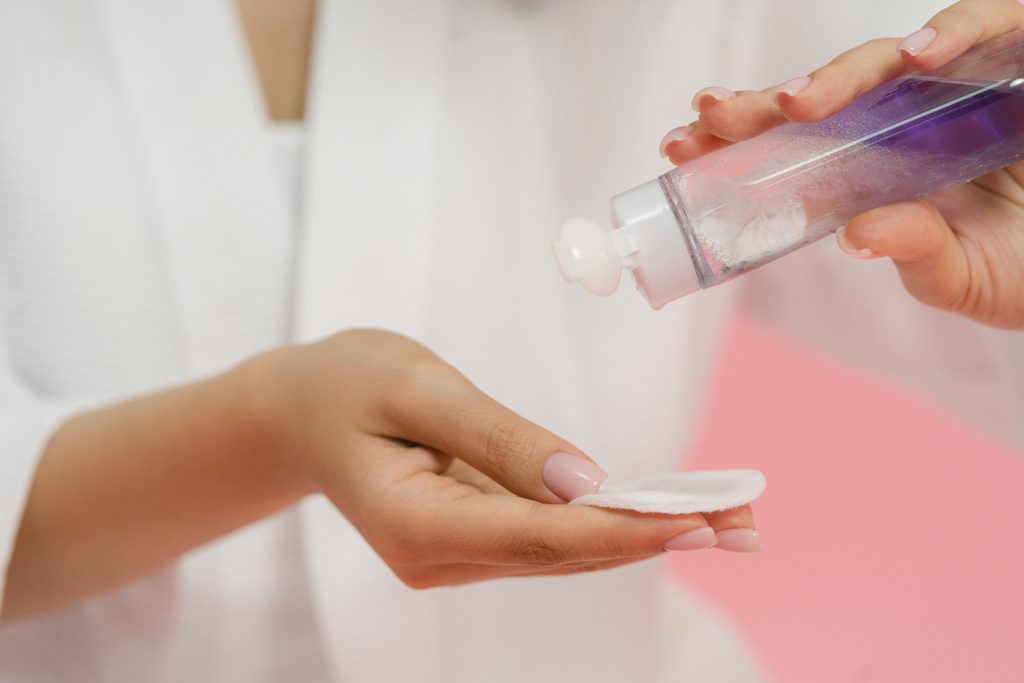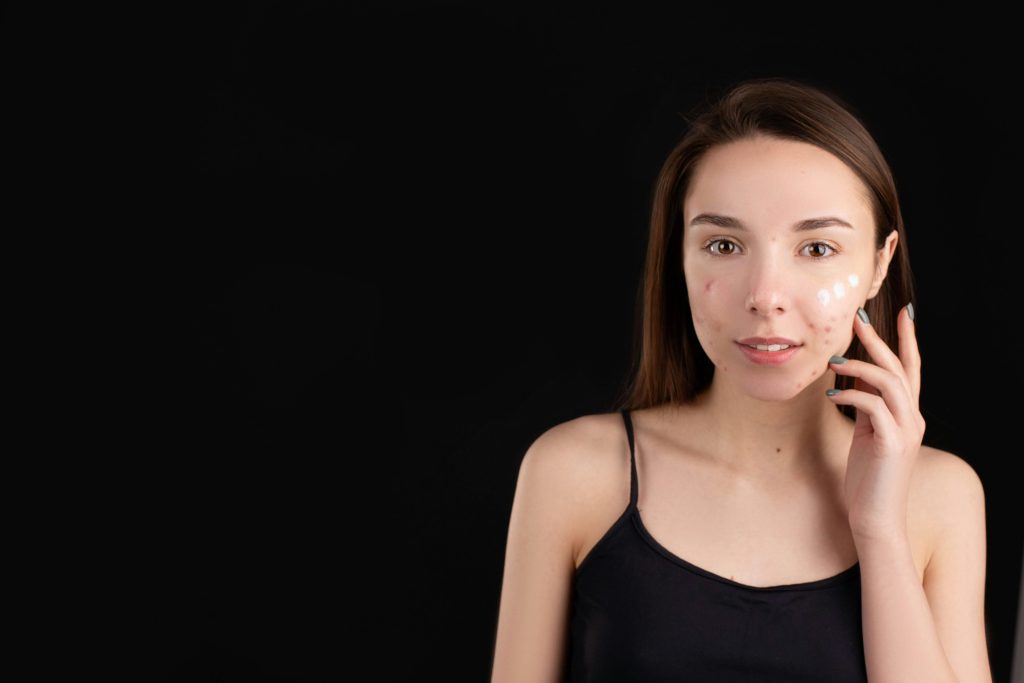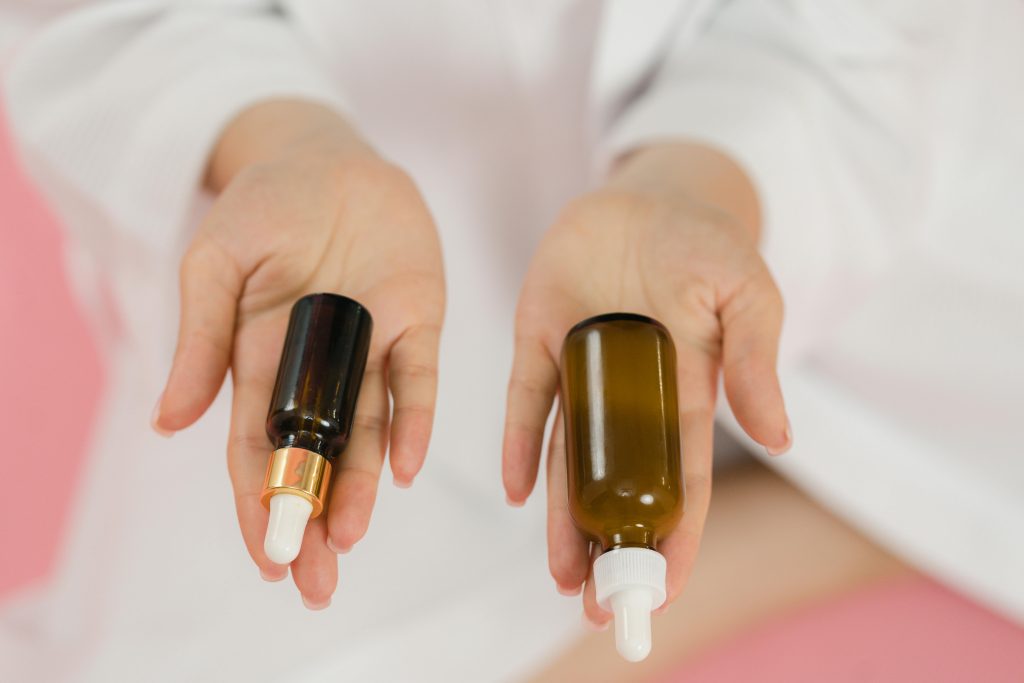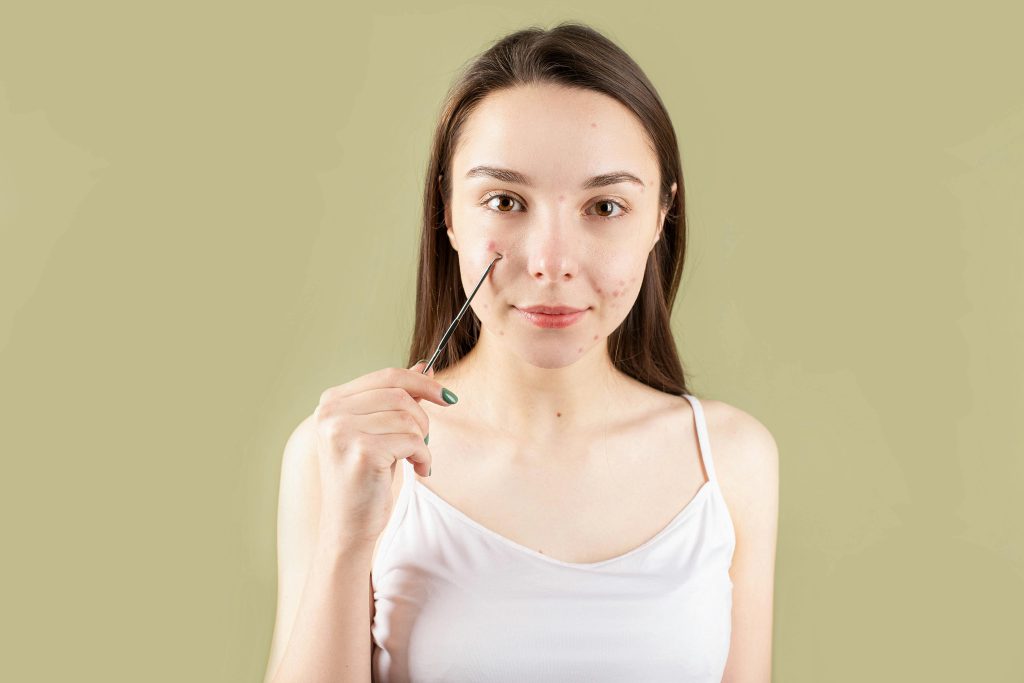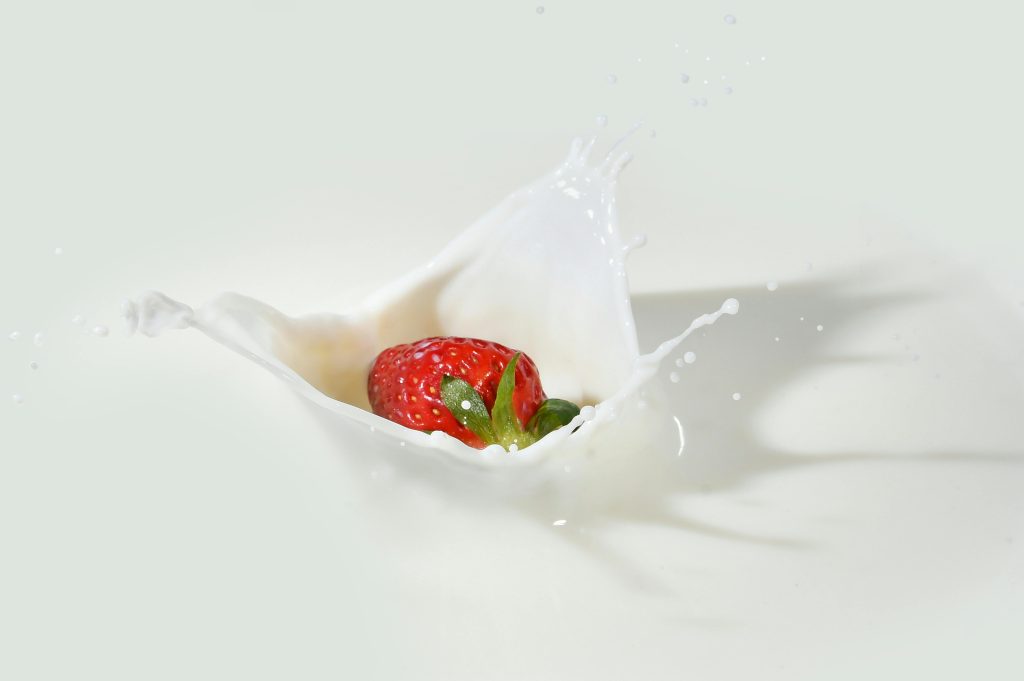
Does Dairy Really Cause Acne? The Truth About Diet and Breakouts
Acne is a common skin issue that affects millions of people worldwide. While genetics, hormones, and skincare routines play significant roles, diet is often debated as a potential cause of breakouts.
One of the most controversial culprits is dairy. In this article, we’ll explore whether dairy really causes acne and what science says about diet-related breakouts.
Understanding Acne and Its Triggers
Acne occurs when hair follicles become clogged with oil and dead skin cells, leading to inflammation, pimples, and blackheads. Factors that contribute to acne include:
🔶 Hormonal changes
🔶 Excess oil production
🔶 Bacterial growth
🔶 Clogged pores
🔶 Inflammation
While these are the primary causes, some research suggests that diet, particularly dairy consumption, can exacerbate breakouts.
The Link Between Dairy and Acne: What Does Science Say?
1. Hormonal Factors in Dairy
Dairy products, especially milk, contain hormones such as:
🔶 Insulin-like Growth Factor 1 (IGF-1): A hormone that can increase sebum production and inflammation.
🔶 Bovine Hormones: Natural hormones present in cow’s milk that may influence human hormone levels.
🔶 Androgens: These hormones can stimulate oil production, potentially leading to clogged pores.
2. Insulin Spikes and Acne
Dairy, particularly skim milk, has a high glycemic index (GI), meaning it can cause insulin spikes.
Increased insulin can lead to higher androgen levels, which may contribute to more sebum production and acne formation.
3. Inflammatory Response
Some studies suggest that dairy proteins, such as casein and whey, may trigger inflammation, a key factor in the development of acne.
Inflammatory responses may worsen existing acne or trigger new breakouts.
What Types of Dairy Are Most Problematic?
Not all dairy products are equal when it comes to acne risk. Here’s how different types compare:
🔶 Skim Milk: Often linked to higher acne prevalence, possibly due to higher IGF-1 levels.
🔶 Whole Milk: Contains more natural fats, which may slightly reduce IGF-1 impact but still carry risk.
🔶 Cheese and Yogurt: Less strongly linked to acne than milk, likely due to fermentation and lower IGF-1 levels.
🔶 Whey Protein: Found in protein shakes and supplements, known to cause breakouts in some individuals.
Can Cutting Out Dairy Help Clear Acne?
While some people see improvements after eliminating dairy, it’s important to note that results vary.
Several studies show a correlation, but correlation does not mean causation. Factors such as genetics, lifestyle, and other dietary choices also play a role.
How to Test for Dairy Sensitivity:
- Elimination Trial: Cut out dairy for 4–6 weeks and monitor skin changes.
- Reintroduction: Gradually add dairy back to see if breakouts return.
- Consult a Dermatologist: Get professional advice before making drastic dietary changes.
What About Non-Dairy Alternatives?
Switching to plant-based milk like almond, soy, or oat can be beneficial, but some alternatives contain added sugars or preservatives that may also affect the skin.
Choose unsweetened, natural options for the best results.
Additional Dietary Tips for Clear Skin
✅ Low-Glycemic Diet: Choose whole grains, vegetables, and low-sugar fruits.
✅ Hydration: Drink plenty of water to support skin health.
✅ Omega-3 Rich Foods: Reduce inflammation with sources like salmon, flaxseeds, and walnuts.
✅ Avoid Processed Foods: Refined carbs and sugars can worsen breakouts.
Expert Opinions: Do Dermatologists Agree?
Most dermatologists acknowledge that while dairy may affect some people, it is not the root cause of acne for everyone. Genetics and hormones often play a more significant role.
However, if you notice a connection between your dairy intake and breakouts, reducing consumption may help.
FAQs: Does Dairy Really Cause Acne?
- Is cutting out dairy guaranteed to clear my acne?
No, while some see improvements, others may not notice a difference. Personal factors and overall diet also matter.
- Can cheese cause acne?
Cheese is less commonly linked to acne than milk, but high consumption can still affect some individuals.
- Are all dairy products equally bad for acne?
No, skim milk is often considered more problematic than full-fat dairy or fermented products like yogurt.
- Should I avoid dairy entirely if I have acne-prone skin?
Try reducing dairy intake first rather than cutting it completely to see how your skin responds.
- Do plant-based milks cause acne?
Generally, plant-based milks are less likely to cause acne, but added sugars and preservatives may still trigger breakouts in some people.
Conclusion
While there is some evidence linking dairy consumption to acne, it doesn’t affect everyone the same way.
Factors like genetics, hormones, and lifestyle choices also play significant roles.
If you suspect dairy is causing your breakouts, consider an elimination diet and consult with a dermatologist to develop a skincare plan tailored to your needs.

